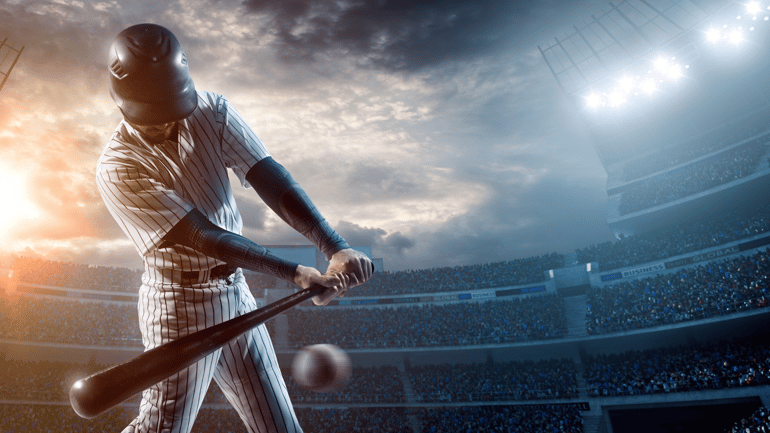Traveling for games, training or competitions can affect the performance during the game. We’re diving into struggles that athletes face while traveling and how to avoid them.
What Is Travel Fatigue?
Whether you’re traveling by plane, car, bus, or train, travel fatigue is common. Travel fatigue could cause headaches, nausea, bloating, stress, anxiety, and many other physical and emotional distress. Travel fatigue can be caused by the traveling environment or the travel schedule which makes it nearly unavoidable. Traveling will add challenges to preparing athletes for games. It can complicate and interrupt sleep, make it harder to get quality nutrition and hydration and leave athletes stiff.
1. Get The Best Rest
It’s no secret that getting a good night of sleep can have an impact on how your day-to-day life goes, let alone while traveling. Getting the best rest is key to athletes traveling so that their minds, body, and muscles can rest. Some tips for athletes traveling are to bring ear plugs, lower the room temperature to a comfortable temperature, keep the shades closed, tv off, and bring any other items or devices that may help them sleep. The team may even consider staying in a furnished apartment where comfort and the feeling of being home can rank higher than that of a hotel.
2. Adjust To Your Time Zone Early
Flying across the country and changing time zones can mess with your internal circadian clock. It requires one day to accommodate a one-hour time change. So, if you have a three-hour time difference, it can take up to three full days to adjust. If the training and travel schedule allows it, it’s suggested to start your time change early by getting up earlier or sleeping in later by one hour a day depending on the time zone change.
3. Stay Hydrated
Staying hydrated is so important and while traveling, athletes tend to get dehydrated because of flying, lack of bathrooms, or lack of desire to drink water. Getting sufficient water is definitely a must and can have a direct impact on a player’s athletic performance and overall health. Staying hydrated replaces the water that is lost through sweating and is essential for thermoregulation, helping to prevent cramps, muscle recovery, heat exhaustion, and heat stroke.
4. Watch What You Eat
An athlete’s diet is extremely important and directly related to performance. It can help the entire team to have healthy snacks on hand like fruit, protein bars, and pre-made lunches. Typically, part of the job of the performance coach is to plan this ahead of time. Is the team eating together at a nearby restaurant? Are players on their own? Depending on the length of stay, the team should consider booking a hotel with a kitchenette or a furnished apartment with a full-sized kitchen that comes equipped so their team can cook their own healthy meals. Having a meal plan for the team and how it’s going to be executed can alleviate meal plan stress for team members.
5. Extra, Extra Read All About It
Be strategic while packing. Make sure the team has any supplements, vitamins, electronics, or even clothing that may help them focus and perform better. Whether it be their favorite shirt, daily vitamins, caffeine, melatonin, massagers, headphones, or even a photo of a loved one, they should be encouraged to bring whatever may heighten their performance and focus while traveling.


